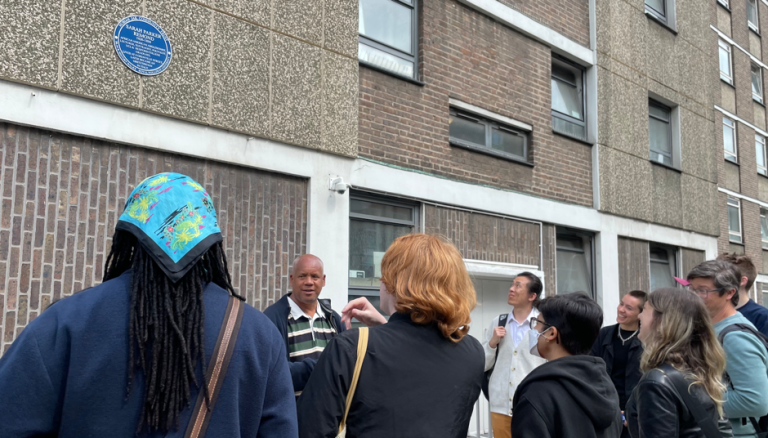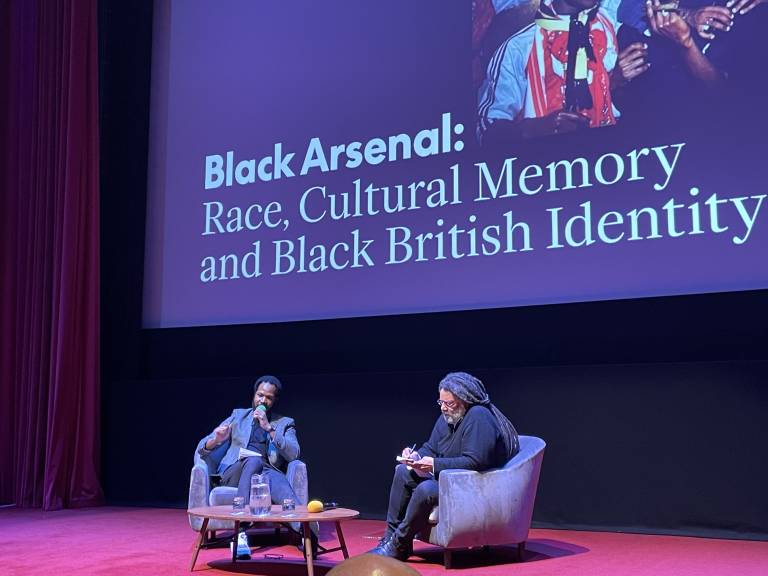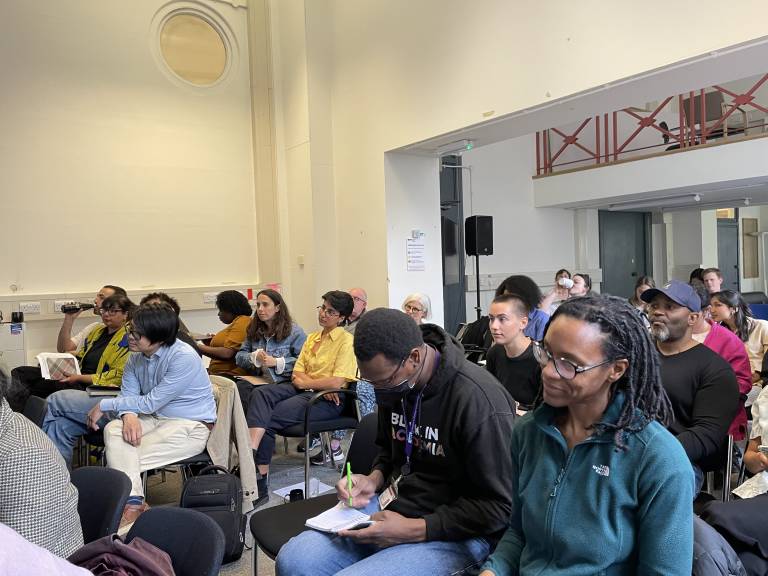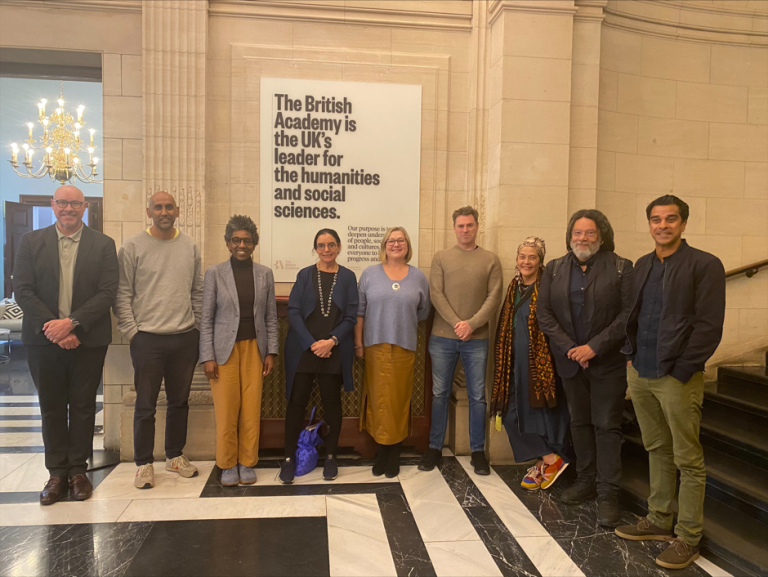MA in Race, Ethnicity and Postcolonial Studies

About this degree
The dynamics of racism and racialisation are foundational to understanding the workings of politics, law, culture, science, technology, and our social lives. We cannot take the category of “race” for granted. In this course, you will explore its origins and trace how it is articulated through other categories such as gender, nationality, class, and sexuality.
Housed at the Sarah Parker Remond Centre for the Study of Racism and Racialisation, this degree explores how race-thinking has developed and varies across different locations, periods and political contexts. This includes but is not limited to exploring slavery and abolition, anti-colonial and postcolonial thought, civil and human rights movements, the politics of health and medicine, nationalism, border-making, and environmental racism.
As a student on the multidisciplinary MA in Race, Ethnicity, and Postcolonial Studies, you will be introduced to a range of theoretical and methodological approaches to understanding the history of race and racism. This degree spans the Humanities and Social Sciences and equips you with essential analytical tools to study and challenge the ways that racism is deployed in today’s societies.

This video is a recording of an online open event that took place on 27/03/2024
Who is this course for?
You will be best suited for MA in Race, Ethnicity and Postcolonial Studies if you are a graduate in the humanities, social, political and historical sciences or other relevant disciplines and wish to explore the politics, history and ethics of race, racism, social justice and post-coloniality.
Alternatively, you might be interested in carrying out higher-level work in advance of a PhD or work in the field.

Student Testimonials
“This Masters programme has profoundly reshaped my understanding of notions around race and race-making. Navigating the complexities and historical contexts of systems of racialisation has enabled me to communicate with greater depth and an informed clarity. This experience has not only expanded my intellectual horizons, but enriched my capacity to engage meaningfully with diverse perspectives and to advocate for social justice, both personally and professionally” Olivia Scher | “I feel very lucky to have been a part of the SPRC cohort of 2022-2023. This is an intellectually challenging and deeply rewarding course: one that refuses to treat the study of race and racism as something parochial or best left in the cold storage of history, but rather as a moral and intellectual endeavour essential to understanding the emergence of the modern world today. As part of this degree, you will develop the tools to critically analyse the complex genealogy of race as well as the diverse racial formations of past, present, and future. Studying in London not only allows you to benefit from UCL’s vibrant academic community, with regular events held by the SPRC, Centre for the Study of the Legacies of British Slavery, Black Europe and others, but also grants you the opportunity to explore a city deeply shaped by the legacies of empires. This course has made me more humble, more curious, and more attentive to the world around me, and for that I am grateful” Thomas Maddison |

| Academic Staff |
|---|
 Co-Director (Founding Director) Professor of the Humanities |
 Co-Director Professor of Human Geography |
 Lecturer in Race, Ethnicity & Postcolonial Studies |
 Lecturer in Race, Ethnicity & Postcolonial Studie |
 Lecturer in Race, Ethnicity & Postcolonial Studies |
 Research Fellow |
 Lecturer in Colonial and Postcolonial Literatures in English (English Language and Literature) |
 Associate Professor in Film, Culture and Society (Institute of Advanced Studies |

Funding

A full list of UCL funding opportunities can be found on the Scholarships and Funding website.
 Close
Close

